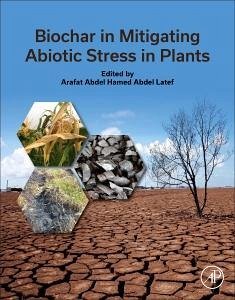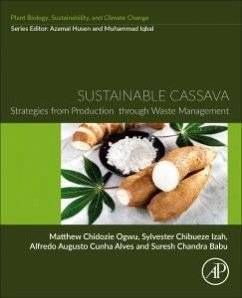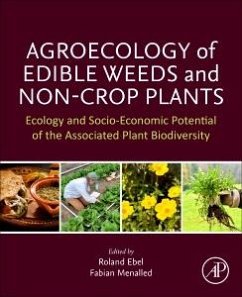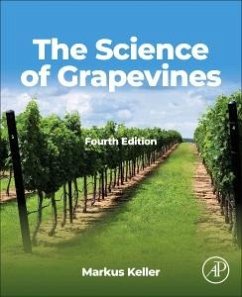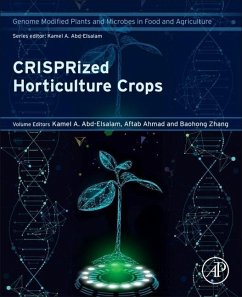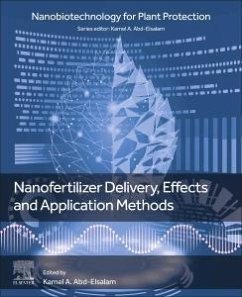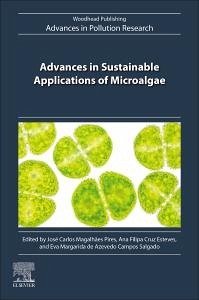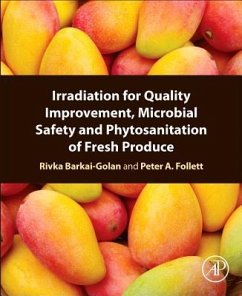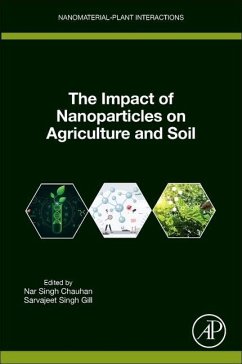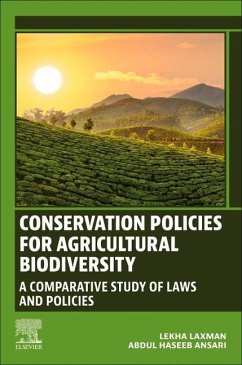Nicht lieferbar
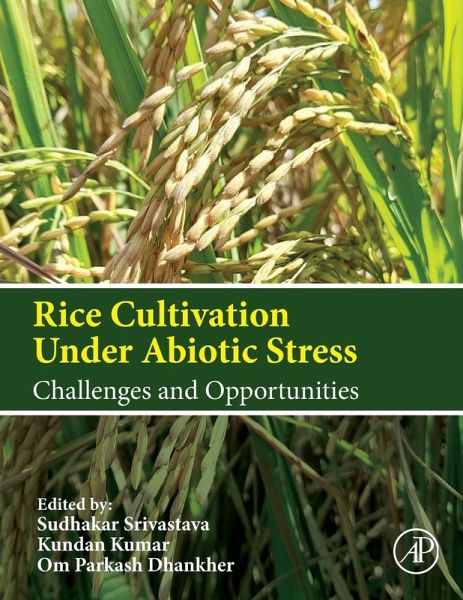
Rice Cultivation Under Abiotic Stress
Versandkostenfrei!
Nicht lieferbar
Rice Cultivation under Abiotic Stresses: Challenges and Opportunities provides a unique look at three key factors in optimized rice yield - cultivation practices, understanding abiotic stress response, and mitigation strategies - enabling the reader to better understand the cause, effect, and means of protecting rice crop yield. It is a uniquely comprehensive resource for advancing the sustainable and optimal production of rice that will be a valuable resource for researchers and advanced students in Agriculture, Agronomy, Botany, Plant Physiology, and Environmental Science. Rice is the primar...
Rice Cultivation under Abiotic Stresses: Challenges and Opportunities provides a unique look at three key factors in optimized rice yield - cultivation practices, understanding abiotic stress response, and mitigation strategies - enabling the reader to better understand the cause, effect, and means of protecting rice crop yield. It is a uniquely comprehensive resource for advancing the sustainable and optimal production of rice that will be a valuable resource for researchers and advanced students in Agriculture, Agronomy, Botany, Plant Physiology, and Environmental Science. Rice is the primary source of energy for over half of the world’s people. It can play a vital role against mal and under nutrition, but as climate and other abiotic challenges continue to impact yield, steps need to be taken to ensure production.





